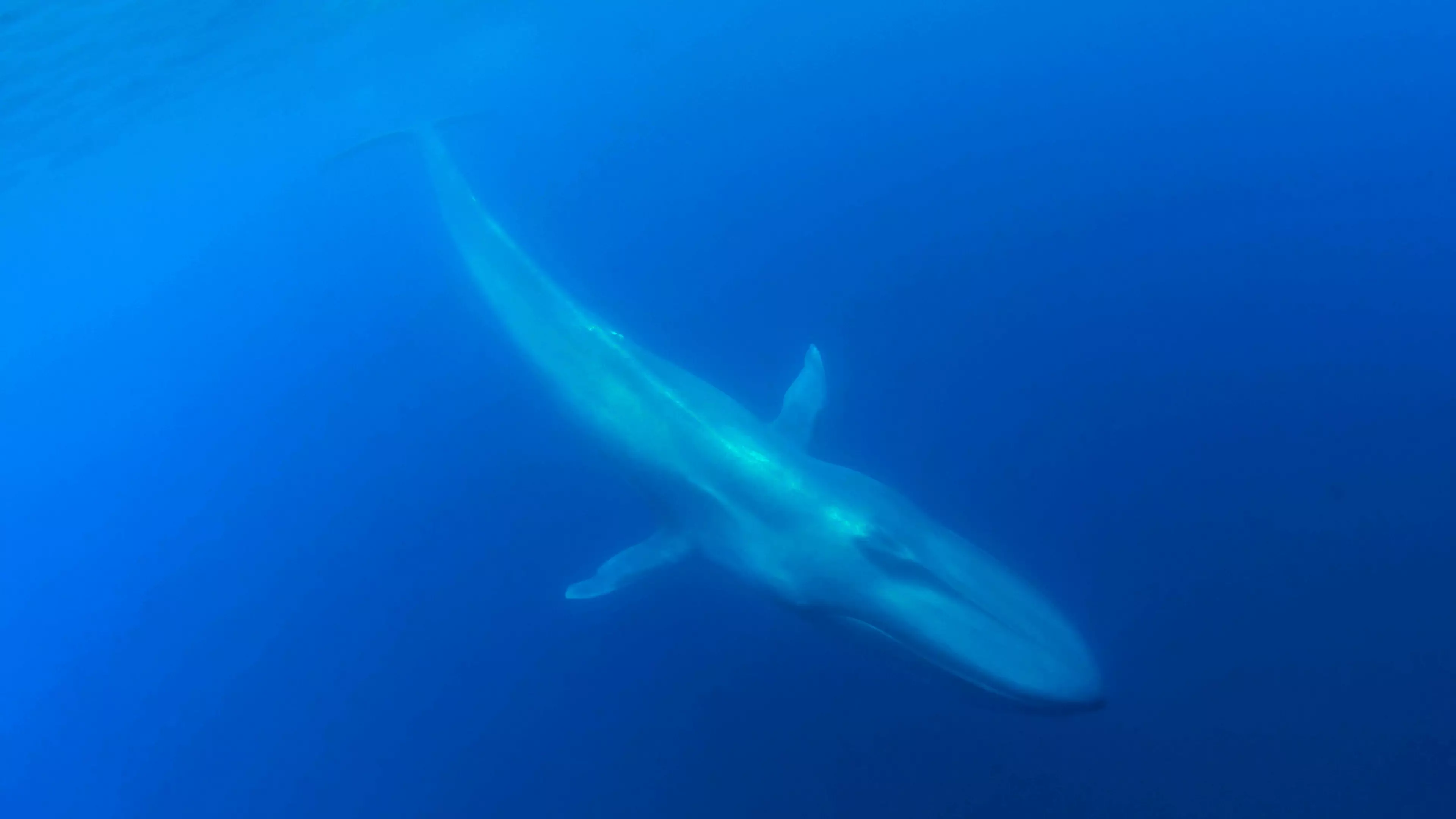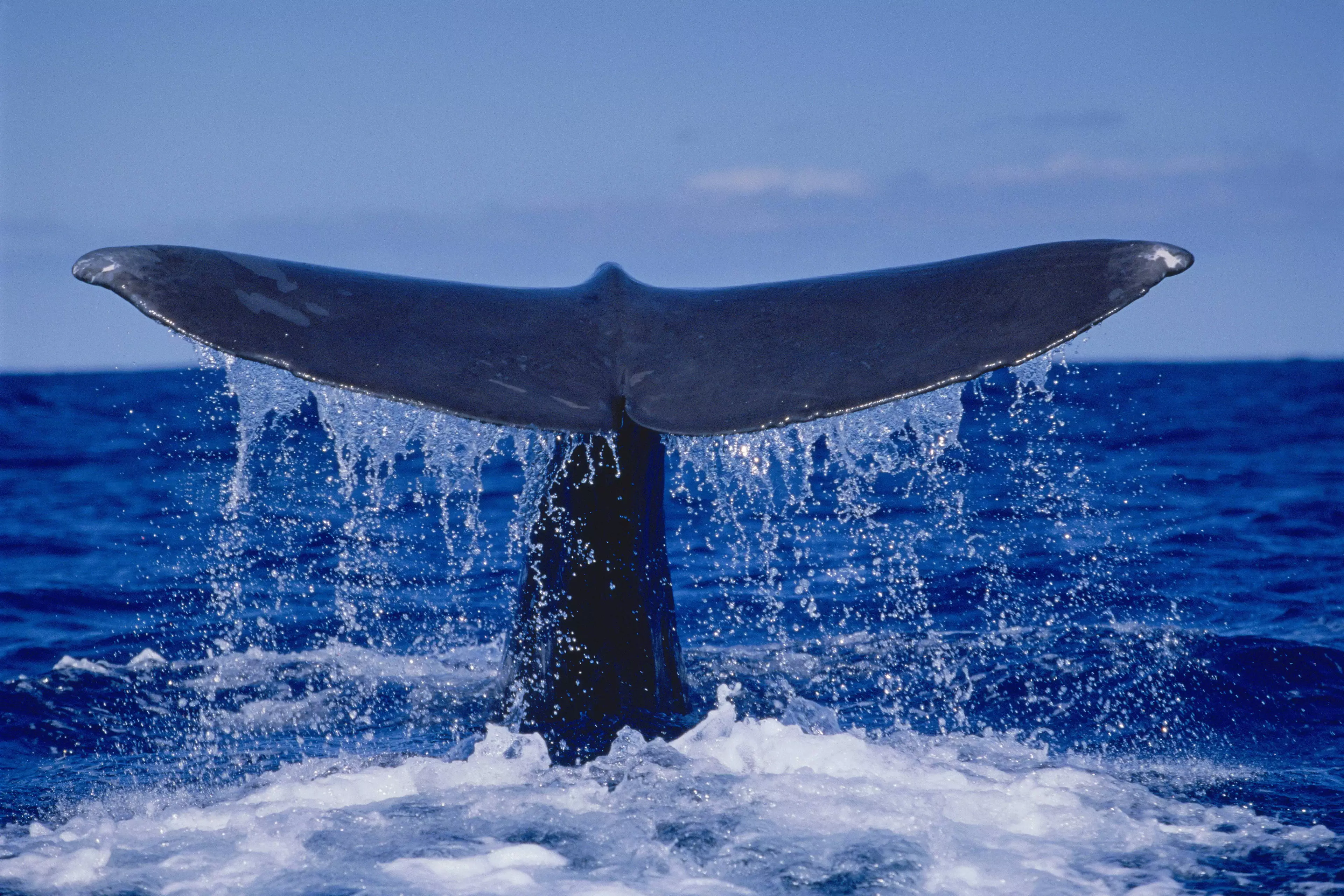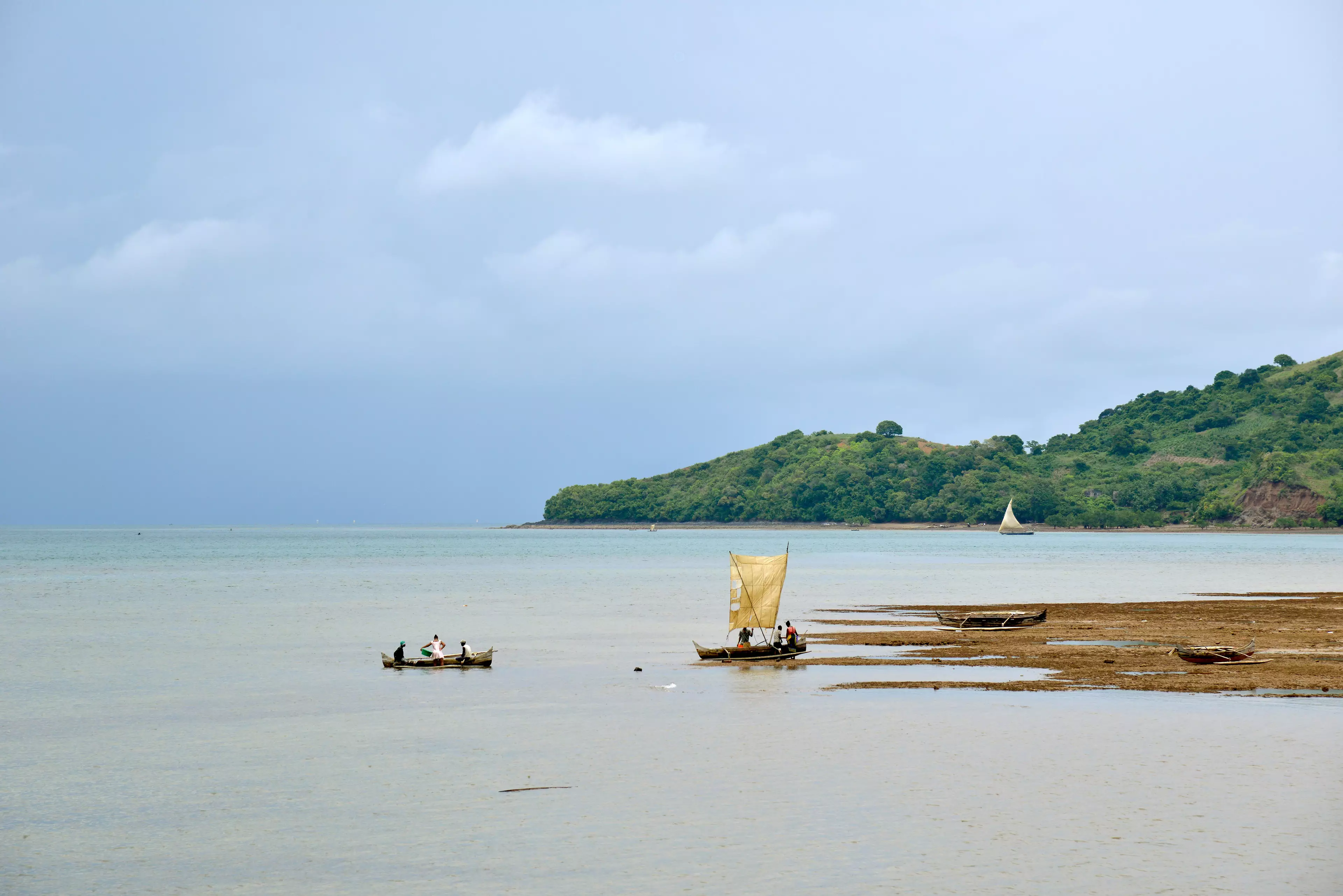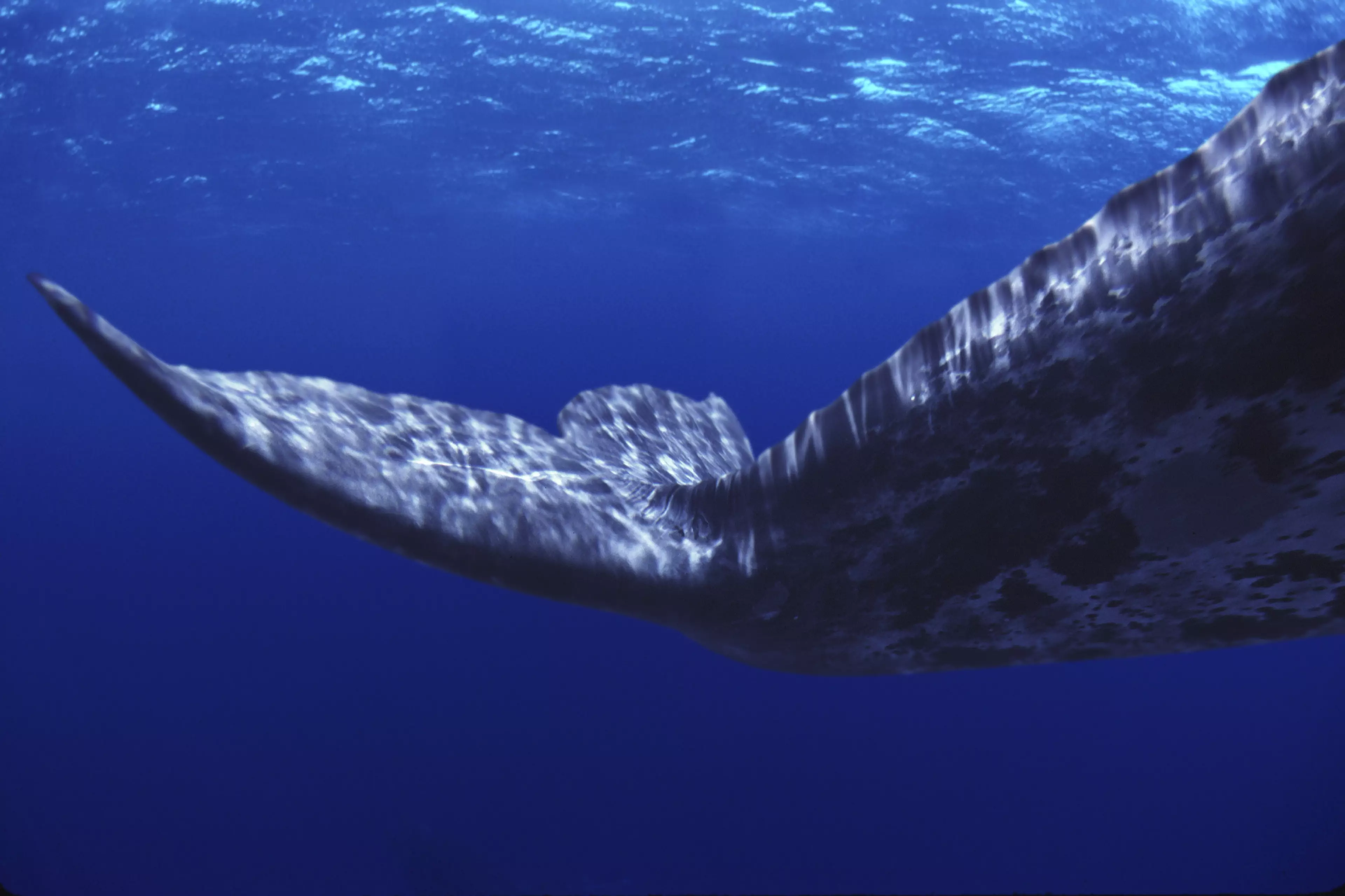
A unique whale song has revealed a previously unknown blue whale population in the north-western Indian Ocean, experts have said.
According to a new study, the unique song was recorded and picked up at three locations, the Chagos Archipelago, Madagascar and Oman's Arabian Sea coast.

Whale experts have always believed there was a population of blue whales in the northern Indian Ocean, but until now it had been assumed the whales were part of the same population seen near Sri Lanka.
Advert
However, the whales have been found to have their own unique song meaning they are a different population entirely.
Marine mammal biologist Salvatore Cerchio, from the African Aquatic Conservation Fund's Cetacean Program in Massachusetts, who worked on the study said: "It's like hearing different songs within a genre - Stevie Ray Vaughan versus B.B. King.

"It's all blues, but you know the different styles."
Advert
He added: "It was quite remarkable, to find a whale song in your data that was completely unique, never before reported, and recognise it as a blue whale.
"Blue whale song has been extensively studied globally, and several blue whale populations have been identified based on their distinct songs throughout the Indian Ocean.
"With all that work on blue whale songs, to think there was a population out there that no one knew about until 2017 - well, it kind of blows your mind."
The whale song was first picked up in 2017 by Cerchio and his team in Mozambique Channel off of the coast of Madagascar.

When they presented their findings in 2018, another set of marine biologists realised they had recorded the same song at the Chagos Archipelago.
Advert
As a result, the researchers concluded that this newly-found population most likely spends most of its time in north-western Indian Ocean, the Arabian Sea and to the west of the Chagos islands.
Andrew Willson from Five Oceans Environmental Services LLC, who led the recording operation, said: "Before our recording effort off Oman, there was no acoustic data from the Arabian Sea, and so the identity of that population of blue whales was initially just a guess.
"Our work shows that there is a lot more to learn about these animals, and this is an urgent requirement in light of the wide range of threats to large whales related to expanding maritime industries in the region."
Blue whale populations dwindled during the 20th century, due to hunting.
Advert
However, they are slowly on the increase thanks to global restrictions on commercial whaling.
Featured Image Credit: Shutterstock
Topics: Interesting, Whales, Animals